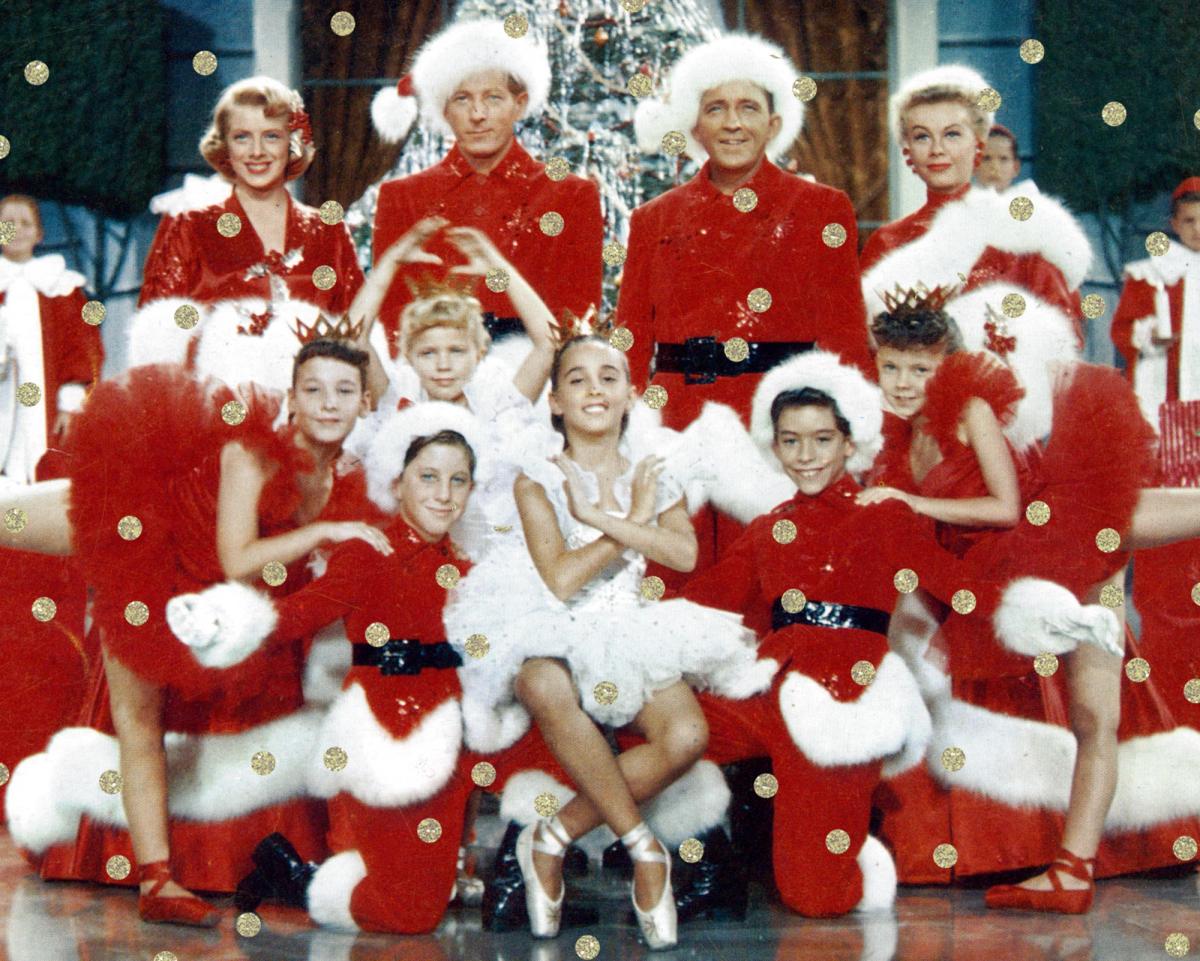Marcell Kenesei, the 41-year-old director of the Budapest Jewish Community Center, is a sharp dresser and brings his brown mutt Alfonse in to work every day; Krakow, Poland, JCC board member Serhii Chupryna, 26, works in the tech world, wearing his long hair twisted into a bun above the nape of his neck; Anastasiia Fursova, 22, of the Dnipro JCC in Ukraine, clinched the title of best Jewish youth club in Ukraine when she led the club a few years ago.
All three discovered their Jewish roots as young adults — Kenesei and Chupryna because of grandmothers who survived the Holocaust but kept their Jewishness from their children during the communist regime, and Fursova by finding her mother’s biological Jewish mother, who had given her up for adoption. While all three could have continued their lives blending in with the general, gentile population of their cities, they chose instead to learn more about Judaism and actively join their fate with the Jewish people, becoming leaders in their Jewish communities and their JCCs.
They represented a younger generation of leadership at the recent JCC Global “From Good to Great” conference held in Budapest, Hungary Dec. 9-12, who are finding ways to support a cultural and inclusive Jewish identity in societies with new, burgeoning Jewish communities.
In many Eastern European countries, Jewish identity skipped a generation as — following the devastation of the Holocaust — fear of the Soviet communist regime suppressed the expression of any Jewish or other religious expression and any Jewish connection was kept secret, Kenesei said.
“During communism Judaism was not encouraged,” he said. “[My grandmother] Magda was persecuted because she was Jewish so she did not share that information with her children. As Magda’s grandchildren [we] did not know anything about Jewish life until the fall of the Iron Curtain.”
(full article online)
Because of the Holocaust and the antisemitism of the Soviet Union, a generation of Jews hid their identities, even from their own families — now they're grandchildren have rediscovered them and are getting involved

ejewishphilanthropy.com





